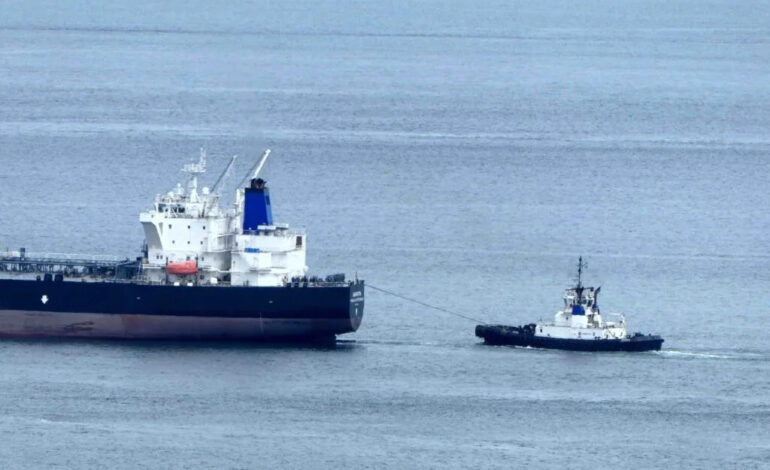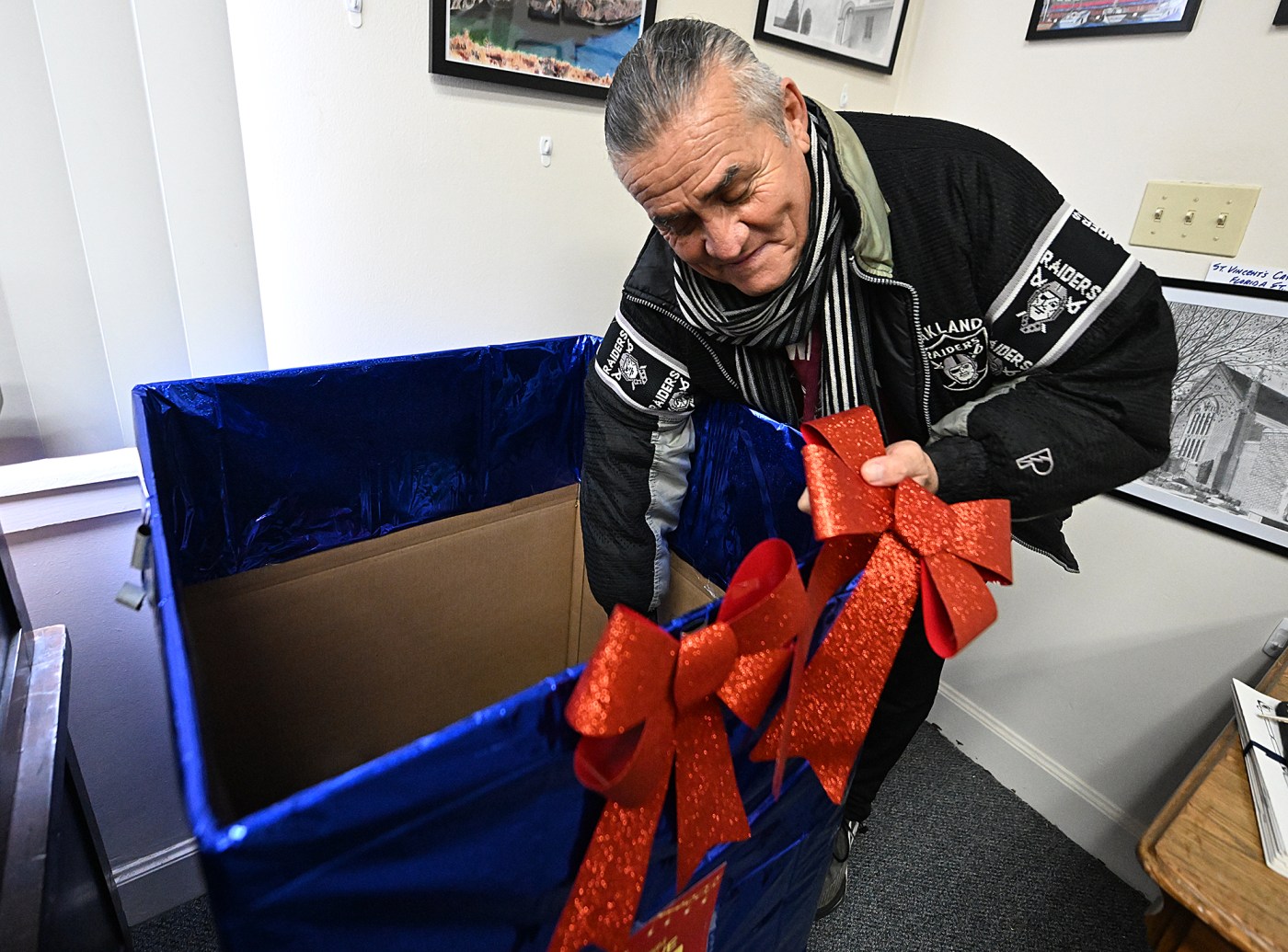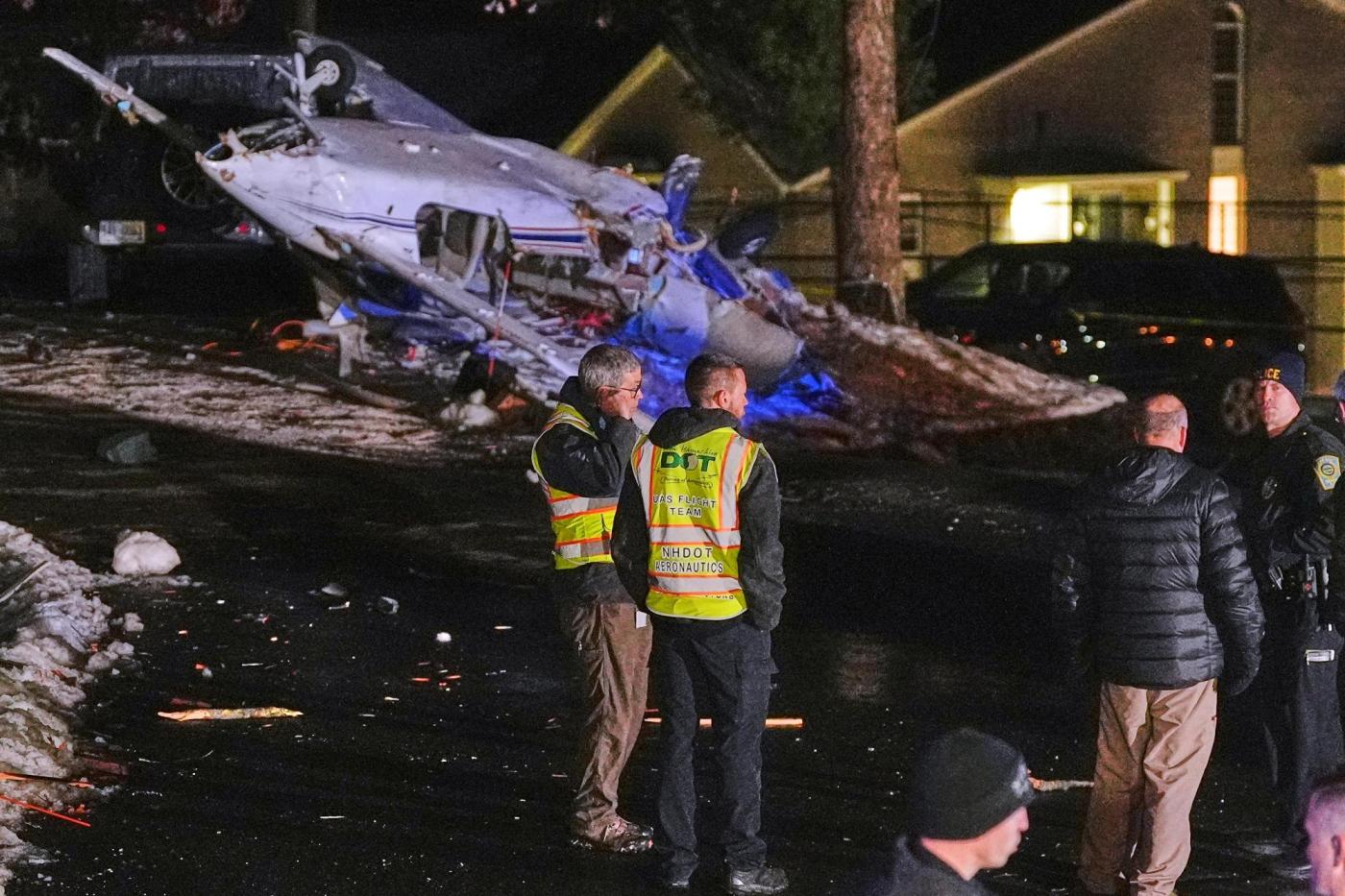Washington Expands Tugboat Rules for Oil Tankers Amid Pushback

UPDATE: Washington state is moving forward with a controversial proposal to expand tugboat escort requirements for oil tankers in the Rosario Strait, a critical waterway for the transport of crude and refined oil. This development is stirring significant pushback just as authorities aim to enhance oil spill prevention amid environmental concerns.
The U.S. Coast Guard has raised alarms over the proposed regulations, arguing that increasing tugboat escorts for small to medium-sized tankers and barges could lead to unnecessary congestion and greater risks of collision. In a letter to the state’s Department of Ecology, Captain Darwin Jensen stated that while the intent is to reduce oil spills, the plan may inadvertently increase vessel traffic, thus heightening navigation dangers in Puget Sound.
Environmental advocates, including Friends of the Earth and tribal groups such as the Lummi and Swinomish tribes, are pressing for the new regulations. They argue that stronger protections are essential for the endangered Southern Resident killer whales and the marine ecosystem. Fred Felleman, a consultant for Friends of the Earth, emphasized the need for continuous improvement in oil spill prevention, stating, “Washington state’s admirable oil spill record is not because we’ve rested on our laurels.”
The tug escort requirement was first implemented in 2020, and data from Ecology indicates that tugboat companies handle about 800 escort jobs annually in the Rosario Strait region. This class of vessels, defined as 5,000-40,000 dwt, is crucial for transporting various refined products, including diesel and gasoline, from Washington refineries to markets.
Despite these safety measures, the Coast Guard warns that adding more tugboats to the waterways presents an “incremental” risk that could contribute to potential accidents. “More collisions and spills could result due to increased vessel traffic,” Jensen cautioned.
Concerns over the environmental impact of increased tug traffic, particularly regarding underwater noise affecting orcas, have also been raised. Makah Tribal Chairman Timothy Greene Sr. pointed out that while underwater noise is a concern, the threat of oil pollution is far more significant. He expressed conditional support for the expansion of the tug escort regulations, viewing it as a necessary measure to safeguard marine life.
The ongoing debate is expected to be addressed by the Washington Board of Pilotage Commissioners, which is considering the expansion of the tug escort mandate. This proposal would increase the coverage zone toward Patos Island, enhancing safety regulations in the region by approximately 11%.
As the board weighs its options, it will also explore requiring captains and their tug escorts to conduct pre-escort safety meetings, a move aimed at enhancing safety protocols. The board is set to meet with the Coast Guard for further discussions on the federal concerns raised.
The tugboat industry and oil shippers have previously opposed the introduction of the Rosario Strait escort requirement, citing increased costs. Current rates for tug escort services in the region start at around $4,495 per hour, with fuel surcharges potentially adding over $1,000 more.
The outcome of this regulatory debate is crucial, not only for the safety of the waterways but also for the well-being of the endangered orcas and the protection of Washington’s rich marine environment. Observers are urged to stay tuned for developments as the discussion unfolds.
This regulatory proposal highlights the ongoing struggle to balance economic interests with environmental stewardship in Washington’s coastal waters, as the region continues to navigate the complexities of modern maritime trade.






